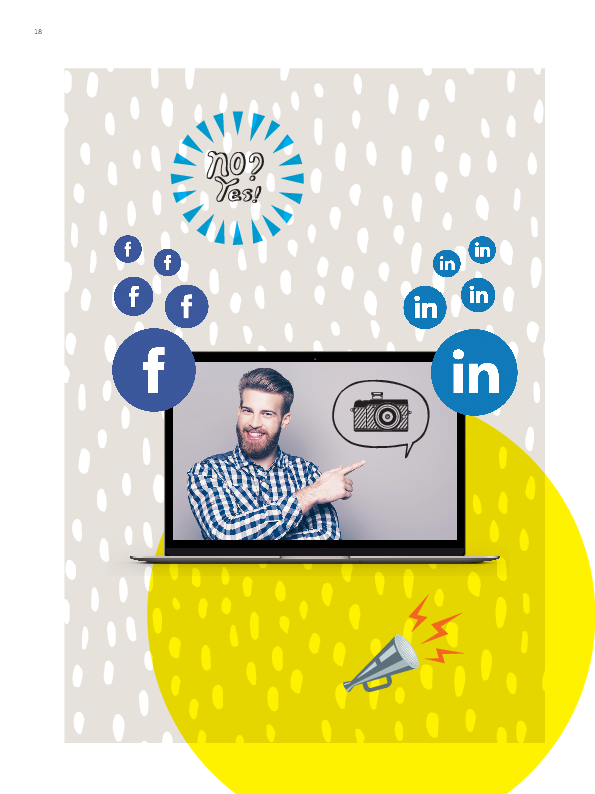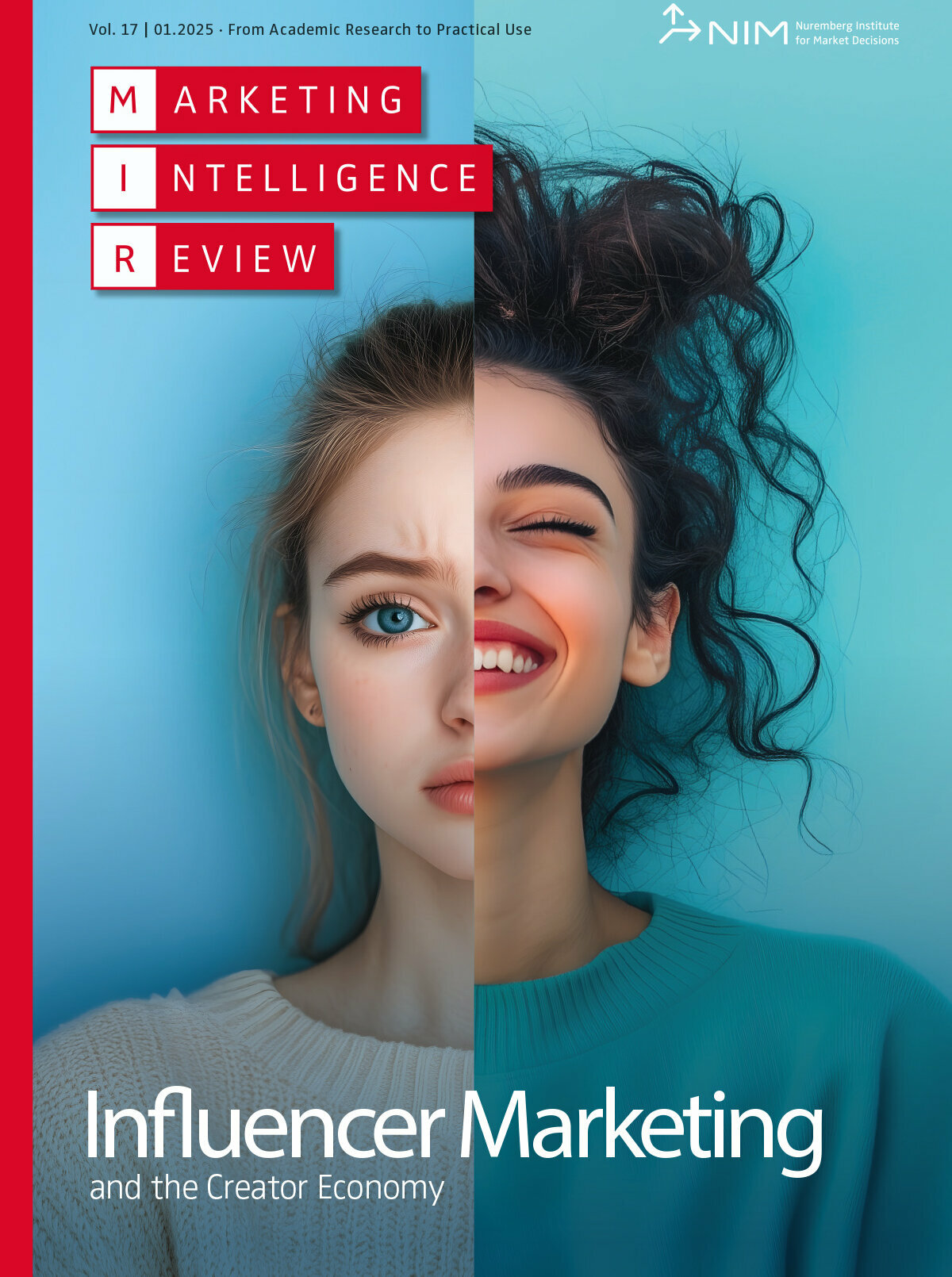 Download
Download
The Medium Shapes the Message: The Surprising Negative Spin of Close Friends’ Word-of-Mouth
David Dubois
Many social media handbooks recommend targeting customers’ close connections and encouraging consumers to spread the word about their products and services among friends. But according to the findings of this research this strategy might not be the most effective way to build positive momentum. In fact, it might just do the opposite.
The feelings of closeness that WOM senders experience toward their recipients determine what they share. Being close instills the desire to protect a recipient from having a bad experience. Therefore, communicating negative information, which highlights potential negative outcomes or attributes of a product, becomes more likely to be shared among close friends. In relations with loose acquaintances the motive to impress is more prevalent. Therefore, communicating positive information, which is more likely to shed a positive light on the WOM sender, is more likely to be shared in such instances.
To encourage positive WOM for seeding campaigns, marketers should select the right platform and monitor closeness. Further, by framing the context of the campaign in the right way, they can also insure more positive WOM for a brand.
![[Translate to English:] [Translate to English:]](/fileadmin/_processed_/d/0/csm_intro_stephen_vol_9_no_2_deutsch_8b03089d3b.png)
![[Translate to English:] [Translate to English:]](/fileadmin/_processed_/6/2/csm_bart_vol_9_no_2_deutsch_6d361b8c97.png)
![[Translate to English:] [Translate to English:]](/fileadmin/_processed_/6/4/csm_fossen_schweidel_vol_9_no_2_deutsch_2cce821711.png)
![[Translate to English:] [Translate to English:]](/fileadmin/_processed_/f/5/csm_andrews_vol_9_no_2_deutsch_c7dfc8e799.png)
![[Translate to English:] [Translate to English:]](/fileadmin/_processed_/6/2/csm_muchnik_goldenberg_vol_9_no_2_deutsch_cb2bc47aee.png)
![[Translate to English:] [Translate to English:]](/fileadmin/_processed_/3/1/csm_9_2_ahmad_12a9421f04.jpeg)
![[Translate to English:] [Translate to English:]](/fileadmin/_processed_/1/4/csm_kecskes_vol_9_no_2_deutsch_64a08d6206.png)


